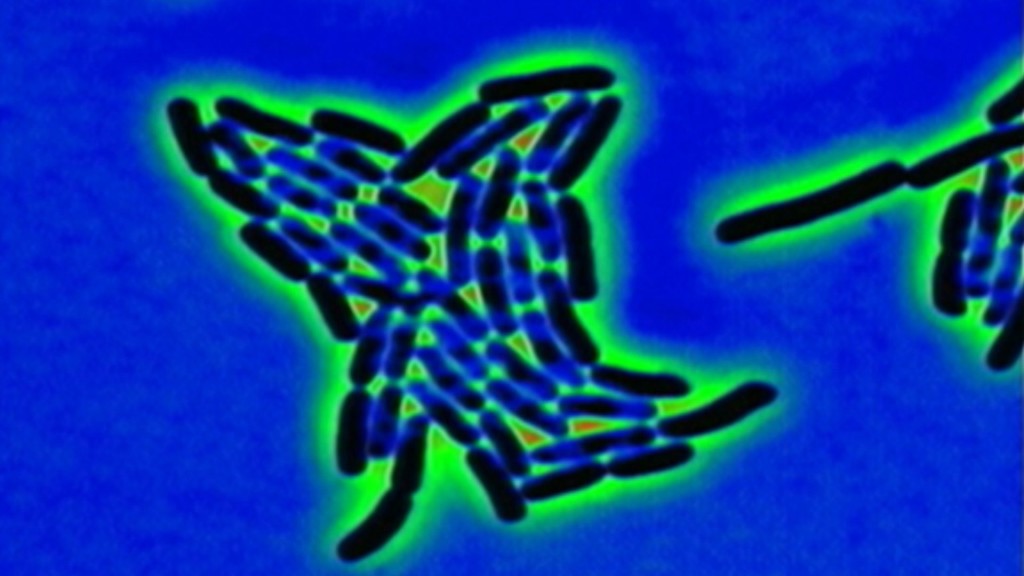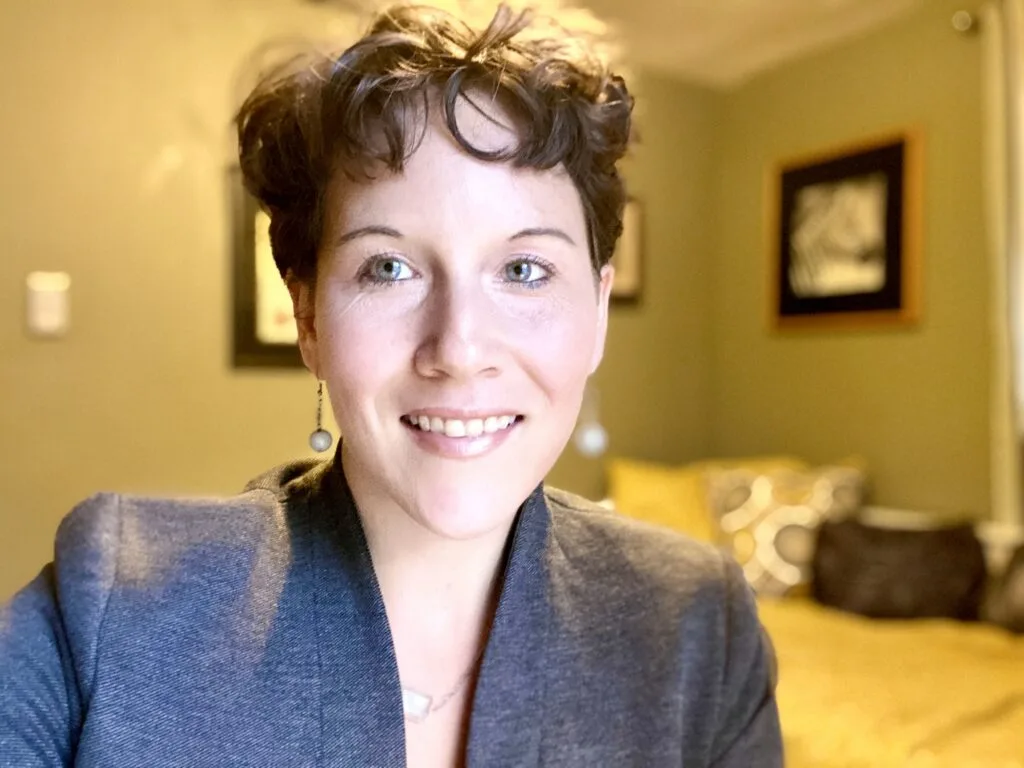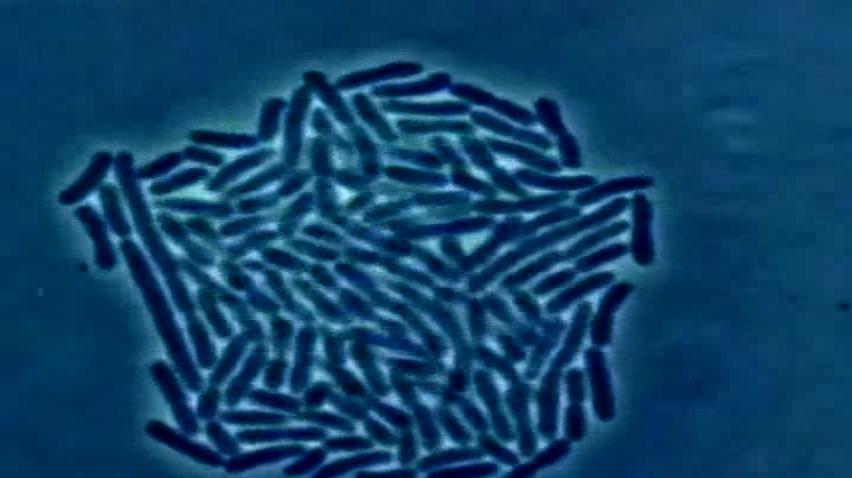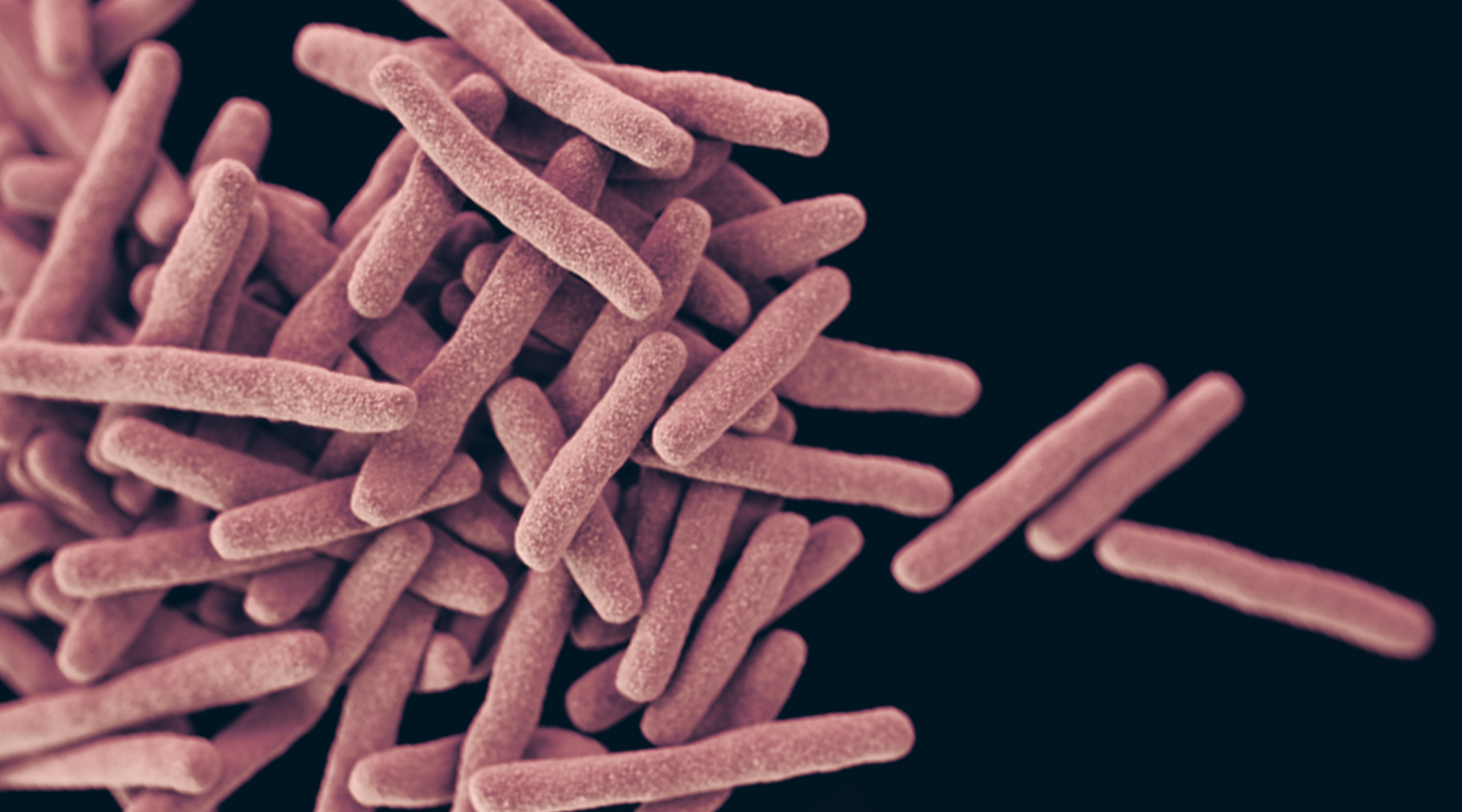White House Releases Plan to Fight Antibiotic Resistance

September 19, 2014
Share
The world is at “dire risk” of losing the remarkable power of antibiotic drugs that have saved millions of lives say prominent scientists who delivered a new report to President Obama on Thursday on the growing threat and how to fight it.
The report, which makes for sober reading, is the culmination of an 11-month study by the President’s Council of Advisers on Science and Technology.
“The evolution of antibiotic resistance is now occurring at an alarming rate,” the scientists reported. “This situation threatens patient care, economic growth, public health, agriculture, economic security and national security.”
Last year, FRONTLINE’s Hunting the Nightmare Bacteria showed how drug-resistant bacteria were spreading across the United States and around the globe. We documented the outbreak of a deadly bacteria at the Clinical Center of the National Institutes of Health and told the stories of two young people who fought desperate battles to survive infection. We also explored the reasons why there’s a dearth of new antibiotics coming to market, and we pointed out the government’s lack of focus on the problem.
Although known for decades, the danger of antibiotic resistance has never been a high priority in Washington. But the crisis has taken on new dimensions as the antibiotic pipeline has dried up. A report last year by the Centers for Disease Control and Prevention estimated that 23,000 people die annually in the U.S. and more than 2 million are sickened by resistant infections.
Now, after years of relatively little attention to the issue, the White House is ramping up an effort to do something about antibiotic resistance. The president signed an executive order Thursday that calls for setting up a five-year national “action plan” by next February. The White House also issued a “national strategy” and Obama established a cabinet-level task force to help move things along. The administration also announced a $20 million prize for the development of rapid diagnostic tests to help spot highly resistant infections.
While the president has promised to take action, there’s no telling whether Congress or the administration will be able to muster new spending, legislation or regulatory changes. That heavy lifting will come later—in decisions about how to provide new resources and methods for the fight against drug resistant superbugs.
Here’s some of what the presidential advisers suggested needs to be done:
- Improve the ability to track antibiotic resistant bacteria. Knowing where resistant bugs exist and where they are spreading has been a major challenge. The science advisers suggest creating a high-tech nationwide network that would use the latest whole-genome sequencing technology. This would give clinicians and public health officials a much better map about the bacteria and where they are showing up. But it will require $190 million a year.
- Boost fundamental research to find out why and how bacteria become resistant to antibiotics. Although some mechanisms are known—the bacteria can pump out or destroy the antibiotic drugs—the science advisers say that we could learn more, especially about the behavior of the so-called Gram-negative bacteria, a kind of bacteria that are showing the most resistance modern antibiotics.
- Make it easier to test new antibiotics in clinical trials. For a long time, pharmaceutical companies have said a lengthy, difficult regulatory process discourages the development of new drugs. The science advisers suggest setting up a faster, more efficient way to conduct clinical trials—a key step in testing new drugs for safety and efficacy—just for new antibiotics.
- Encourage the pharmaceutical industry to develop new antibiotics. While not endorsing anything specific, the science advisers floated some very ambitious ideas, such as big government rewards or incentives that would attract private investment. But they pointed out that such incentives won’t come cheap. The price tag might be $800 million to get one new antibiotic a year.
- Incentivize the health care industry to use antibiotics more carefully. Hospitals have become reservoirs of resistant bacteria and the science advisers suggest that the government could make a big difference by using federal reimbursement for Medicare and Medicaid to force better stewardship of antibiotics. This means making sure that doctors curb overuse of antibiotics, a leading cause of resistance.
- Antibiotics are also widely used in American agriculture and more needs to be done to curb their use in raising farm animals. The science advisers suggest that the government seek “substantial changes” in the use of antibiotics on the farm. However, they don’t suggest changes beyond the measures already announced by the Food and Drug Administration, which has asked pharmaceutical companies to voluntarily phase out the use of the antibiotics for promoting growth in farm animals over three years and put antibiotics under the supervision of a veterinarian. The drugs would still be permitted to be added routinely to feed for cattle, swine and poultry for the purpose of disease prevention, which critics have said is still at low doses that would likely drive resistance.
Next month, we will be looking closely at the widespread use of antibiotics in food animals and whether it is fueling the growing crisis of antibiotic-resistance in The Trouble With Antibiotics, scheduled to air Oct. 14 [check local listings].
David Hoffman is the correspondent and Emma Schwartz is an associate producer and reporter on The Trouble With Antibiotics and Hunting the Nightmare Bacteria.

Latest Documentaries
Related Stories
Related Stories
Explore
Policies
Teacher Center
Funding for FRONTLINE is provided through the support of PBS viewers and by the Corporation for Public Broadcasting, with major support from Ford Foundation. Additional funding is provided the Abrams Foundation, Park Foundation, John D. and Catherine T. MacArthur Foundation, Heising-Simons Foundation, and the FRONTLINE Trust, with major support from Jon and Jo Ann Hagler on behalf of the Jon L. Hagler Foundation, and additional support from Koo and Patricia Yuen. FRONTLINE is a registered trademark of WGBH Educational Foundation. Web Site Copyright ©1995-2025 WGBH Educational Foundation. PBS is a 501(c)(3) not-for-profit organization.





















